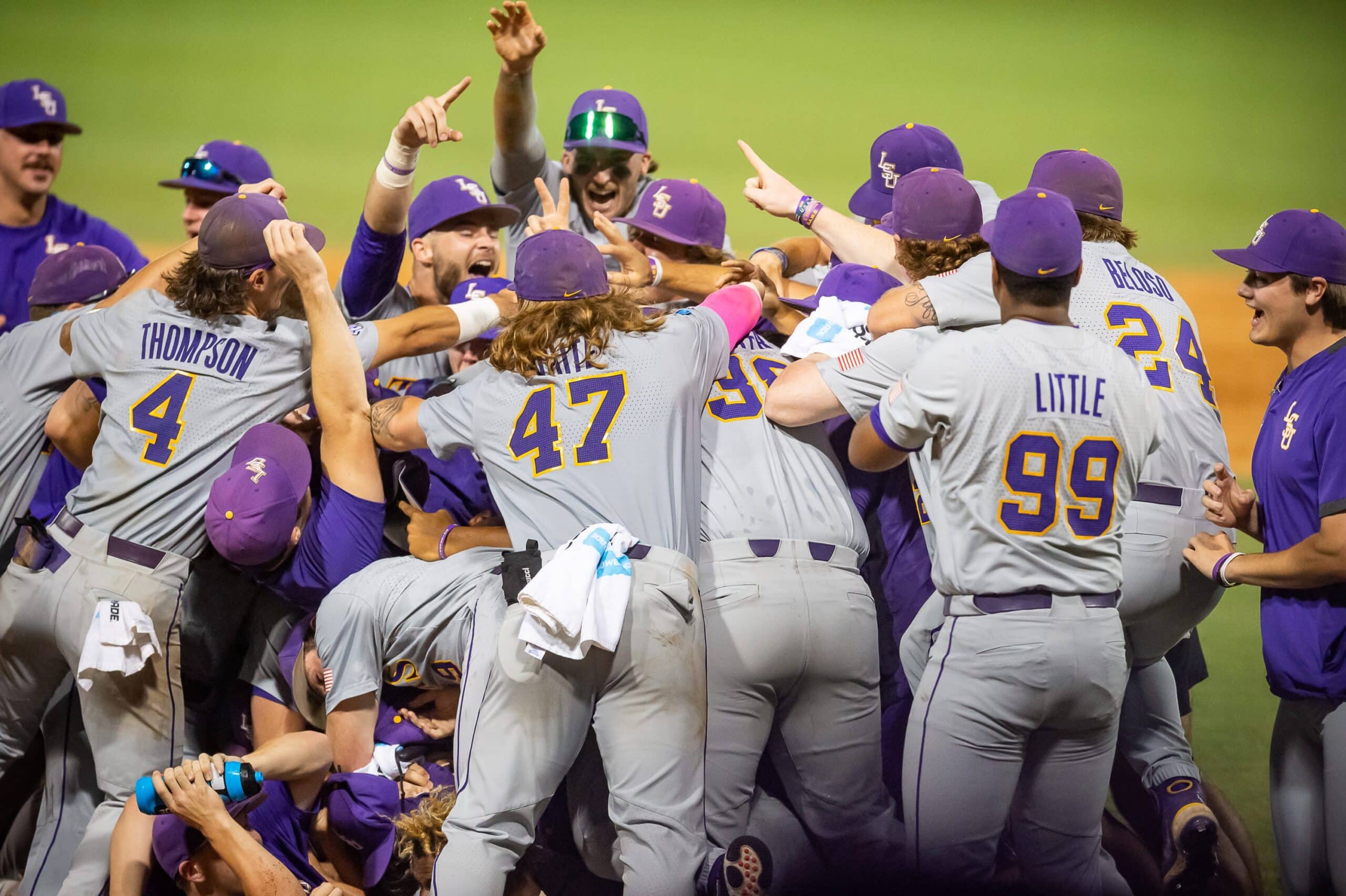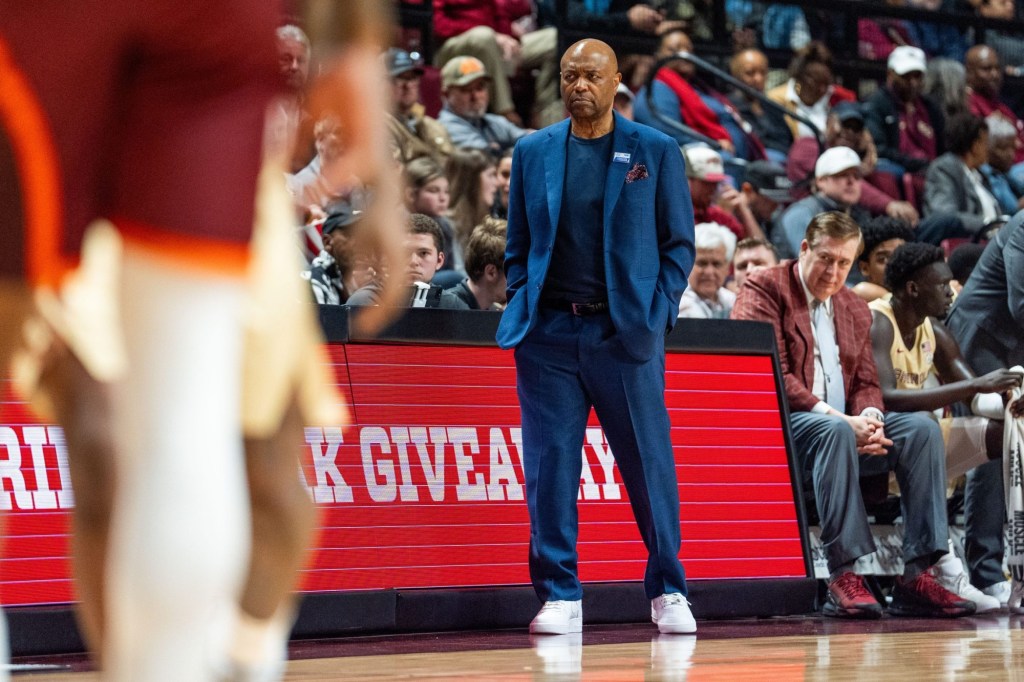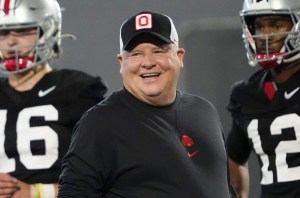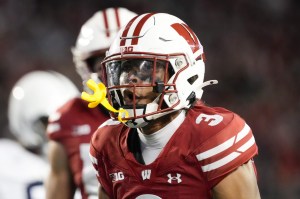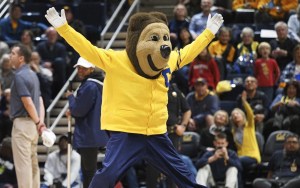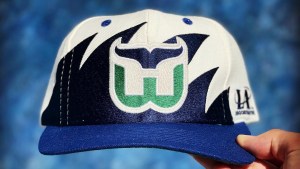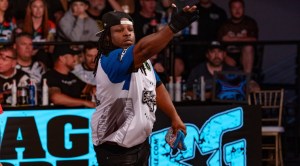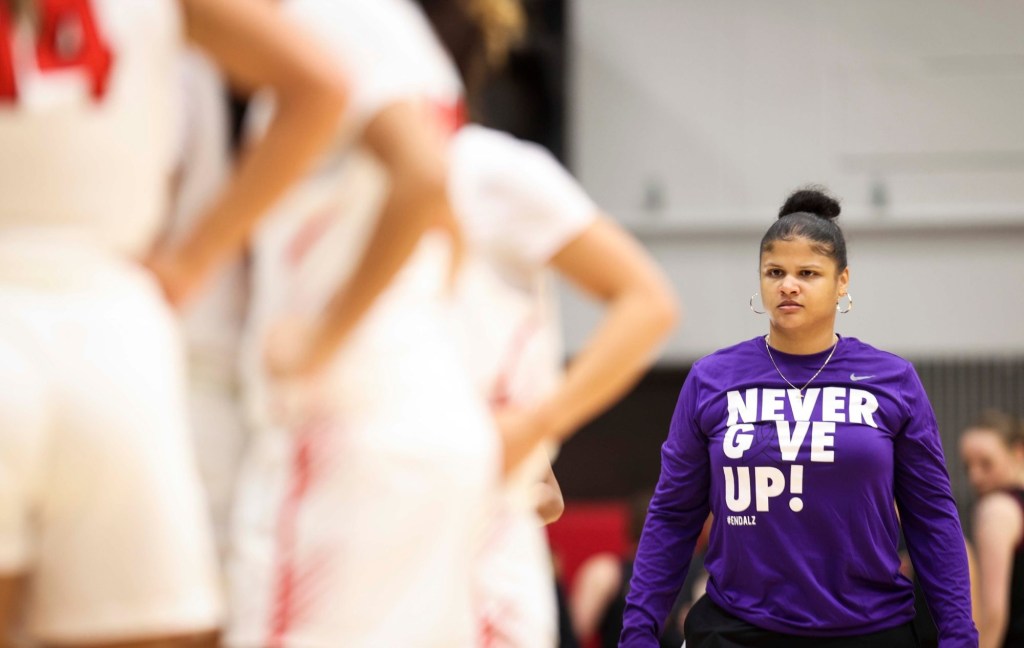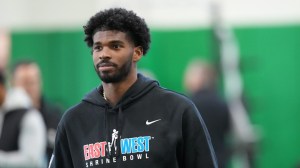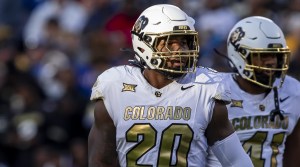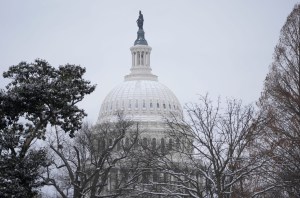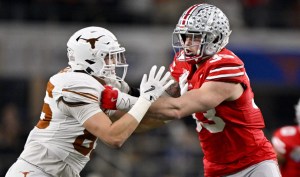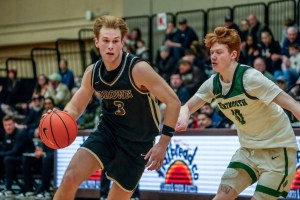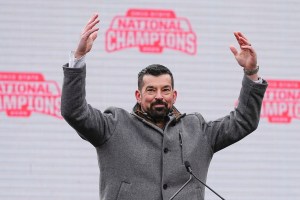On Monday, the NCAA’s Student-Athlete Advisory Committees (SAAC) from all three divisions sent letters to lawmakers advocating for the athletes’ perspective of a federal NIL law. They stated they believe athletes should not be considered employees of their universities.
The letter from Division I SAAC, a five-page letter addressed to 12 Senators and House members, consisted of language and talking points eerily similar to those of NCAA President Charlie Baker, as well as official NCAA communications and even legal documents. In many cases, these points are easily disputable.
While the letter says SAAC represents the interests of all NCAA athletes, this document is certainly not representative of all their opinions, current and former athletes told FOS and expressed on social media.
The letter also illustrates a core issue with the NCAA: even the now-enhanced athlete representation provides little room for real power or conversations about radical reforms. Current and former athletes told FOS that the views expressed publicly by SAAC are heavily influenced, if not completely drafted, by NCAA employees. They see SAAC as more of an extension of NCAA PR than a true voice for current players.
“People want to take advantage of [athletes] in these situations,” former Clemson football player Justin Falcinelli, now the VP of the advocacy group the College Football Players Association, told FOS. “You are dealing with lobbying industry professionals trying to help you fulfill their agenda and the NCAA’s agenda. So be wary of things like this that are coming from top-down.”
Breaking Down The Letters
In the D-I letter, athletes wrote that they hope Congress enacts a uniform federal law that will even out the landscape — which currently consists of more than 30 disparate state laws nationwide. They also asked for a law that protects athletes from being exploited by bad actors and shady deals.
These two requests aren’t necessarily surprising (though some athletes entrenched in NIL have said they couldn’t care less whether Congress enacts a federal NIL law.)
The D-I letter said — in boldface and italicized type — that athletes should not be considered employees.
“Preserving the traditional collegiate experience, where student-athletes are first and foremost students, is essential for maintaining the integrity and values inherent in college sports,” the letter read.
The letter cited four reasons.
The first two, which stated that amateurism is better for academic success and protects athletes from being over-committed to sports, are easily disputed by NCAA surveys suggesting athletes already spent far more hours on sports than the governing body technically allows. They’re already controlled most hours of the day by their sport, and they can be “fired” already by losing their scholarship in most cases annually.
The athletes then held that they shouldn’t be considered employees for reasons beyond their benefit. The letter noted that it would be “easier” for schools to “comply with Title IX” if athletes weren’t employees. It even advocated for schools’ financial interests, writing, “the cost associated with salaries, benefits, compliance with labor laws, and other employment-related expenses would put significant strain on the financial viability of athletic programs.”
As multiple legal settlements have shown, NCAA schools must comply with Title IX no matter how much money they possess. Similarly, there are proven benefits for schools to sponsoring multiple teams — in fact, many have reinstated men’s Olympic Sports teams after budget cuts in addition to women’s sports teams.
SAAC’s final and perhaps most jarring stance was that Congress should grant the NCAA “safe harbor from legal complaints to oversee college sports nationally effectively.”
In other words, athletes are asking Congress to pass antitrust protection of sorts so that the NCAA won’t be subject to multiple lawsuits.
“I cannot think of a single reason why” a college athlete would advocate for this, Falcinelli said. “There are a lot of real dangers that should not be glossed over.”
The Student-Athlete Advisory Committees representing Divisions II and III also noted that they didn’t want to be considered employees — though that stance appears much more believable given that lower-division players generate less revenue for their schools than those in D-I — and the NCAA’s rules exert far less control over them than their D-I counterparts.
Strange Similarities
The origins of the opinions expressed in these articles and some of the exact language used can be directly traced to NCAA official talking points during speeches, in legal documents, and in public relations communications.
“Seeing a lot of these words in the media lately, and a lot of these same bullet points coming down, I would like to challenge Cody Shimp and a lot of other SAAC members if this was even voted on by SAAC?” Falcinelli said. “If this was supposed to be a representative statement by SAAC?”
The following are just a few examples of times that college sports officials speaking for the NCAA — or NCAA lawyers or employees — have peddled the same talking points as SAAC’s letter. In many cases, even the phrasing is similar.
- In January, NCAA Board of Governors chair Linda Livingstone told members that the NCAA’s top priorities were prohibiting athletes from becoming employees, getting a federal NIL law that preempts state laws, and getting a form of an antitrust exemption.
- While advocating for the NCAA’s interests on Capitol Hill last week, Baker also preached the need for a federal law that “preempts” state laws.
- These are all stances taken by previous President Mark Emmert.
- Multiple legal documents in the NCAA antitrust cases Johnson v. NCAA and NCAA v. Alston argued that college sports would crumble if athletes were considered employees or even offered extra compensation from schools.
In a statement to Front Office Sports, the NCAA neither confirmed nor denied that NCAA employees were involved in crafting these three letters, which were touted as the voice of athletes representing NCAA membership.
“As part of the NCAA’s efforts to better incorporate students in the decision-making process, several student-athletes hold seats on key leadership committees, including the Subcommittee on Congressional Engagement and Action and the Transformation Committee,” NCAA SVP of External Affairs Tim Buckley said in a statement. “As members of these committees, student-athletes participated in discussions and guided the creation of NCAA policies and messaging around critical issues.”
But sports attorney Maddie Salamone, a former D-I SAAC Chair, confirmed to FOS that NCAA employees were always involved in drafting public communications that were attributed to SAAC athletes.
“Anything that got released publicly (any kind of official statement) had to go through a ton of red tape before being released,” Salamone, also a VP, of the CFBPA said. “NCAA legal staff and media team would review, edit, and stylize statements. … This included a review of a newsletter we put out while I was on SAAC.”
The NCAA’s ‘Mouthpiece?’
Theoretically, SAAC is supposed to represent an independent athlete-centric voice on NCAA issues. The NCAA has even enhanced athletes’ roles on SAAC and other NCAA committees since its new constitution was passed in 2022.
Of course, SAAC’s views won’t represent every athlete nationwide. But current and former athletes FOS spoke with say the organization represents only the most conservative of athlete views.
It’s unclear if the entirety of D-I SAAC is supportive of the letter. While D-II and D-III SAAC letters included the names of multiple committee members, the D-I letter was signed solely by D-I SAAC Chair Cody Shimp, a graduate assistant baseball coach at St. Bonaventure University. (Shimp did not immediately respond to a FOS request for comment.)
Beyond this, there are clear examples that athletes don’t agree with the letter’s core principle that athletes shouldn’t be considered employees. Look no further than Johnson v. NCAA, a case winding through federal court brought by several college athletes who believe they deserve employee status and minimum wage.
As the NCAA throws its weight behind lobbying in Congress, some are concerned that the committee’s public communications are aimed at helping further the governing body’s agenda rather than accurately representing athletes’ views.
“D-I SAAC is a useless mouthpiece of the NCAA,” one current D-I athlete who has previously been involved with SAAC told FOS. “The group never takes controversial opinions … they are all good people, but they get tricked into thinking they are really doing groundbreaking work by NCAA leadership when in reality the group does very little.” The athlete said that SAAC members are “afraid to step on toes” because they want to work in college sports after they graduate.
Salamone believes the NCAA has allowed SAAC members to speak on more “controversial” topics than it did when she was in college, but noted that the governing body always heavily policed what athletes said in public.
In the past, “SAAC members were often manipulated (or attempts were made to manipulate) to see things through the lens of the NCAA and what it wanted,” Salamone said. “Things were skewed to make certain ideas sound like a positive for athletes that really weren’t.”
